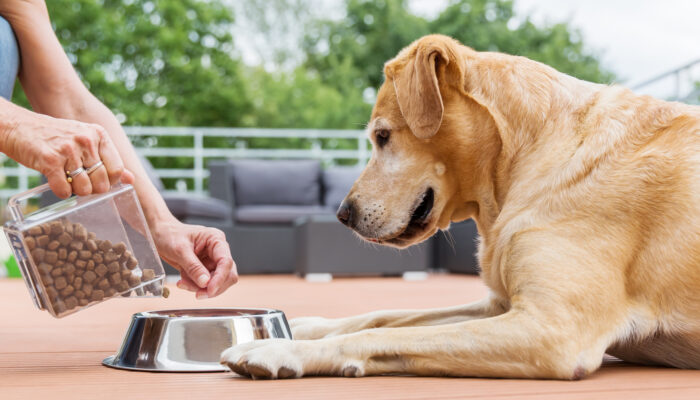Foods That Cause Allergic Reactions In Cats And Dogs

Foods that cause allergic reactions in cats and dogs
Does your pet experience sudden and uncontrollable sneezes multiple times a day? If your pet scratches itself often, licks or chews its paws, a food allergy might be the cause. Cats and dogs, much like humans, are susceptible to various kinds of allergies, and the most common ones are caused by food. Unlike seasonal or environmental allergies, food allergies in pets can be difficult to diagnose as their food might have a variety of ingredients.
Recognizing your pet’s allergy symptoms
The first step should be to recognize your pet’s allergy symptoms and determine whether they are life-threatening. Some common allergic symptoms in pets are listed here:
- Frequent scratching
- Sneezing, coughing, or wheezing
- Diarrhea
- Vomiting
- Paw chewing
- Dull, brittle, or coarse fur
- Loss of fur
- Ear infections
- Scaly or oily skin
- Red eyes
It is important to note that every pet will not have the same allergic reaction to a particular ingredient. Pets become allergic to food when an ingredient triggers an adverse response from their immune system, resulting in the above-mentioned symptoms.
Common food allergens for your pets
After the manifestation of allergic symptoms in your pet, you need to narrow down on the food or ingredients that might be causing them. The most common food that can cause allergic reactions in your pet include the following:
- Beef
It is the most common ingredient in pet food, and the protein in beef can cause allergic reactions in your pet. Feeding the same type of food can make your pet develop an intolerance or allergy to an ingredient or food. So, it is recommended that you switch between different types of meat every week to ensure that your pet faces a lower risk of developing a food allergy. - Corn products
Cornmeal is often used as an inexpensive filler, especially in cat foods. Unfortunately, cornmeal in cat food can cause allergic reactions like itchy and flaky skin. This is because it contains gluten, which does not go very well with cats’ digestive systems. Too much corn in a meal means excess carbohydrates, and cats find it difficult to break down carbohydrates, which leads to obesity and even diabetes. - Dairy
Some pets are allergic to lactose, which is abundant in dairy products. Lactose intolerance in pets can lead to gas, diarrhea, or vomiting and is usually more prominent in cats. You can distinguish between lactose intolerance and allergy through symptoms like skin itchiness, which will manifest only in the cases of allergies. - Eggs
Pets react in a similar way to eggs as to meat when their immune systems react to the protein in the yolk. Fortunately, eggs are easy to avoid by double-checking the ingredients of the food. - Artificial coloring
Inexpensive pet food brands sometimes add artificial colors to their food products to enhance their appearance. Artificial dyes have no nutritional value and can cause allergic reactions like fur loss or temporary changes in skin color. Some pets might also show signs of frequent scratching due to itchiness and inflammation of the skin.
Making food for your pet at home is the most reliable way to ensure that they do not come in contact with any allergic ingredients. Apart from this, you can also look for pet foods that clearly label ingredients and do not use fillers, taste enhancers, and preservatives that can cause allergic reactions. Consult a vet to discuss the various allergic reactions if your pet is allergic to certain types of foods.





